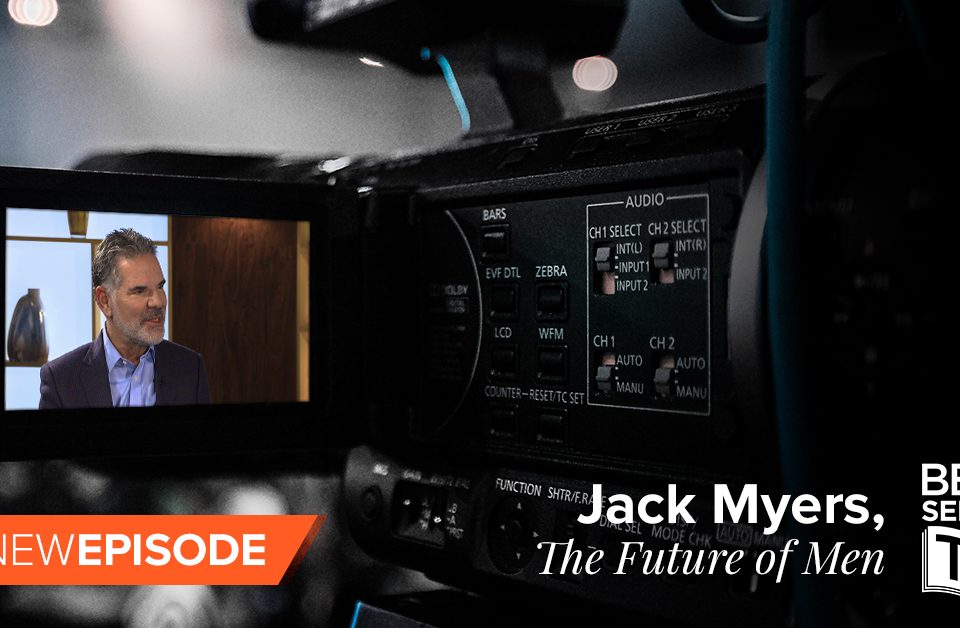Shifting gender roles and mixed cultural messages have left many guys confused about their place in society — and where they fit in your life.
When I tell guys I’ve written a book about the future of men, lots of them say, “Wait, you mean we have a future?” Their responses are meant as a joke, but they offer insight into how marginalized many guys in their 20s and 30s feel these days.
I know that seems surprising — maybe even offensive — given the current climate, but hear me out: Even though a woman has yet to shatter that highest and hardest glass ceiling, research shows that males are losing ground to females in arenas outside the Oval Office. Check out these stats: In most urban areas of the U.S., single, childless females under 30 are outearning young men by almost 10 percent, a figure that has nearly doubled in some large cities. Plus, women are now the primary or equal earners in close to 50 percent of U.S. households where both spouses work.
So while our society is successfully creating an impressive Lean In generation of young women, we’re simultaneously breeding a “lean out” generation of young men. These guys are increasingly confused about their place in this rapidly changing gender paradigm. It’s safe to say that a guy in your life—whether it’s your brother, your best male friend, or your boyfriend—is struggling with what it means to be a “real man” today.
Consider that most guys grow up hearing things such as “Man up!” when we dare to show vulnerability. Embedded in that tiny phrase is a big message: Repress your emotions, take charge, dominate financially—and whatever you do, never let anyone see you cry. Thankfully, this hyper-masculine mindset, passed down for generations, is being challenged. Just as the patriarchy has been a disservice to women, it’s also no longer serving the best interests of men. In fact, it’s actually threatening their future by propagandizing them into believing that the angry men’s movement — which some call toxic masculinity — offers a path to success and happiness. It doesn’t.
But we can’t simply hope guys find their way alone — they deserve a well-lit path into their future, for the sake of both sexes. Here’s where you come in. It’s important to become vocal advocates of a modern narrative that encourages young men to embrace a new definition of masculinity: to be self-confident, collaborative, and secure in sharing their feelings—for starters. Once shown as weak and repellent to women, smart and sensitive types now come closest to actually being the “real men” with whom women can relate and connect. (One shining TV example: On The Big Bang Theory, cerebral, deep-feeling Leonard scores funny, gorgeous Penny, who’s tired of shallow hunks.)
Make no mistake, there are still men who feel threatened by their diminishing influence and exhibit the bravado of their macho forefathers. But their numbers are dwindling. (In my opinion, traditional male power is experiencing its last hurrah in the election of Donald Trump.) It’s heartening to know that a growing majority of young men recognize and respect the increasing equality of females.
Women are now in a position to reciprocate that understanding by rejecting aggressive behavior and instead encouraging men to be active parents, to ask for help (and even for directions!), and to be strong communicators. Only then can we all advance together, harmoniously.





